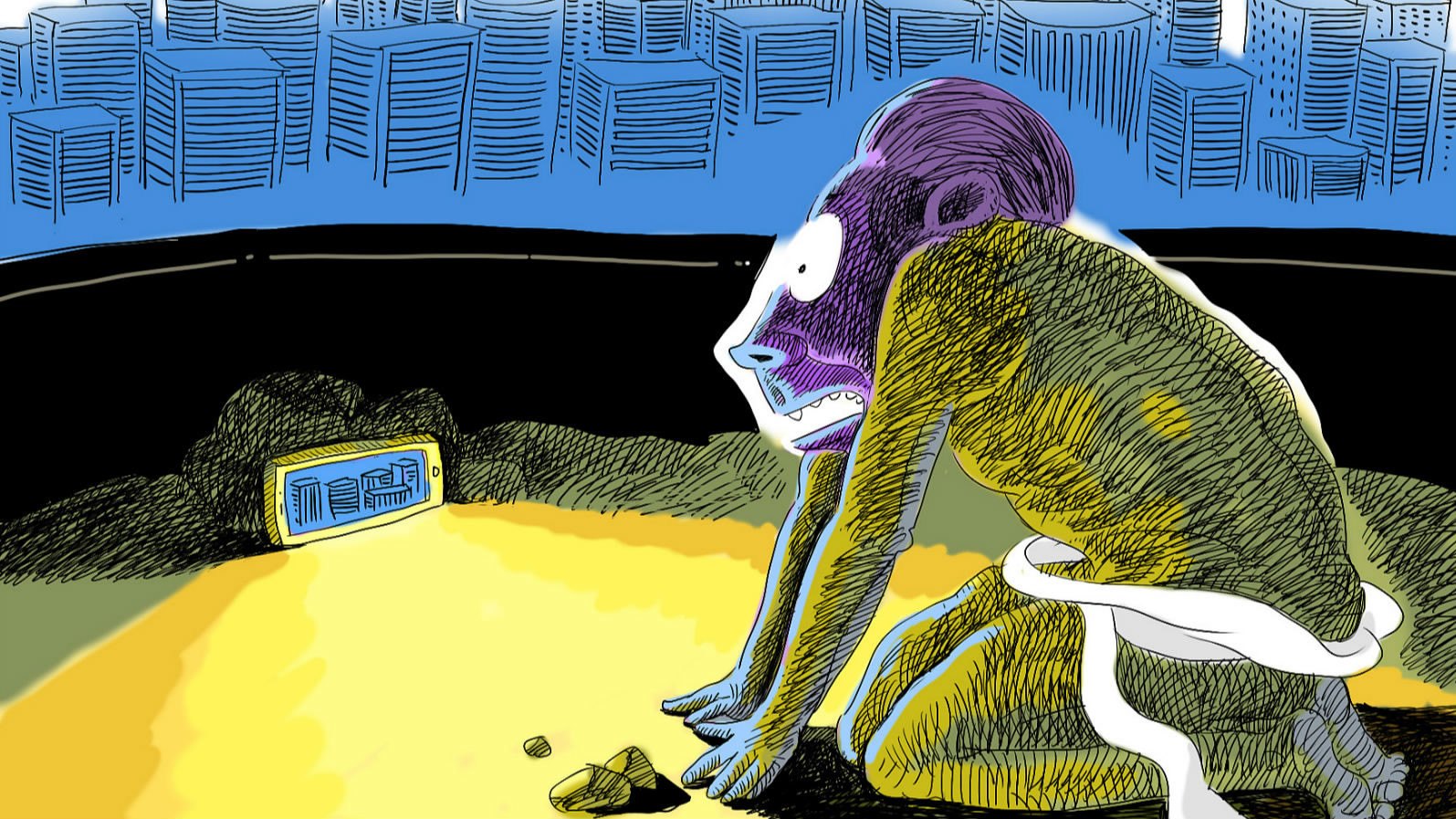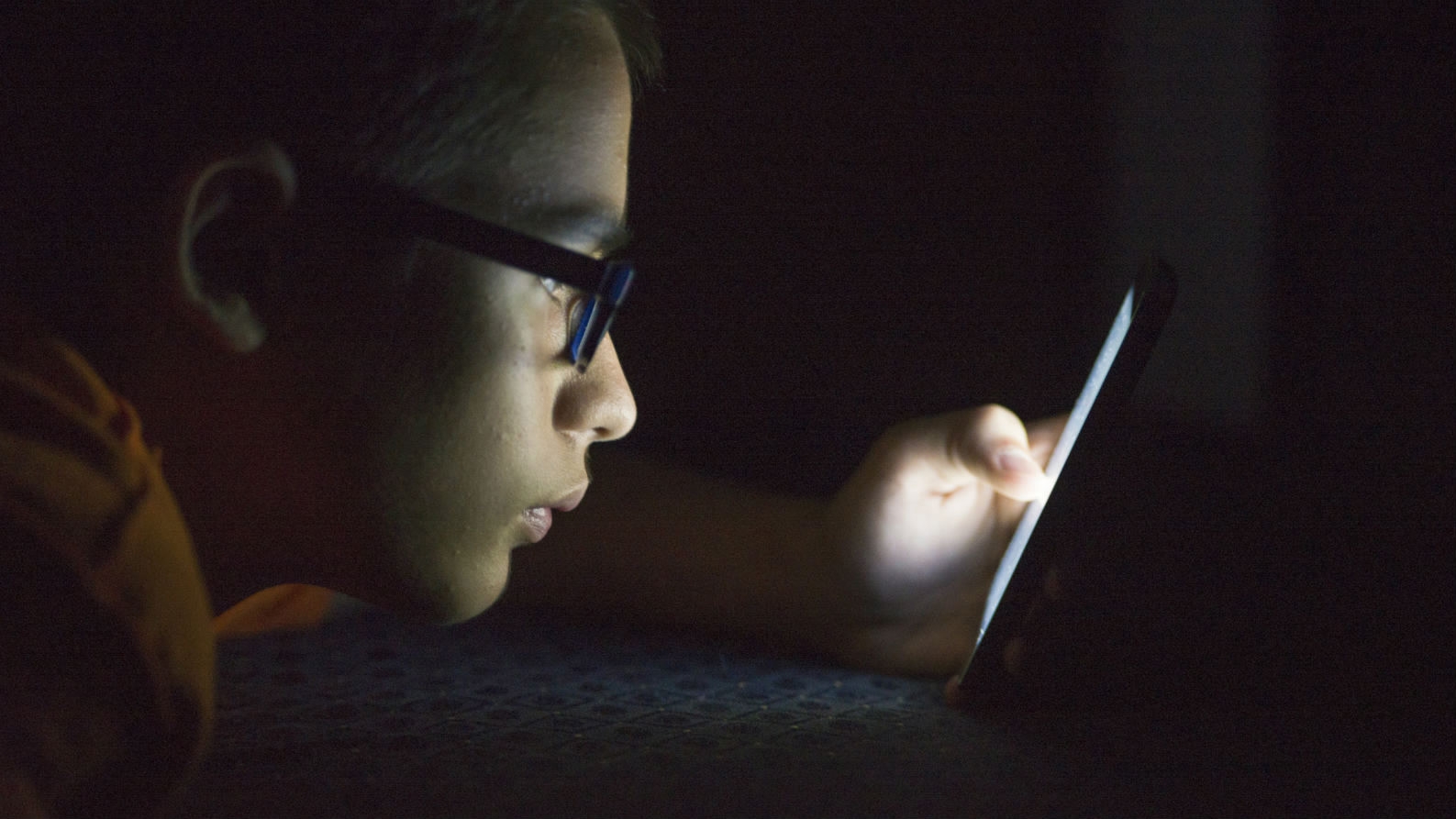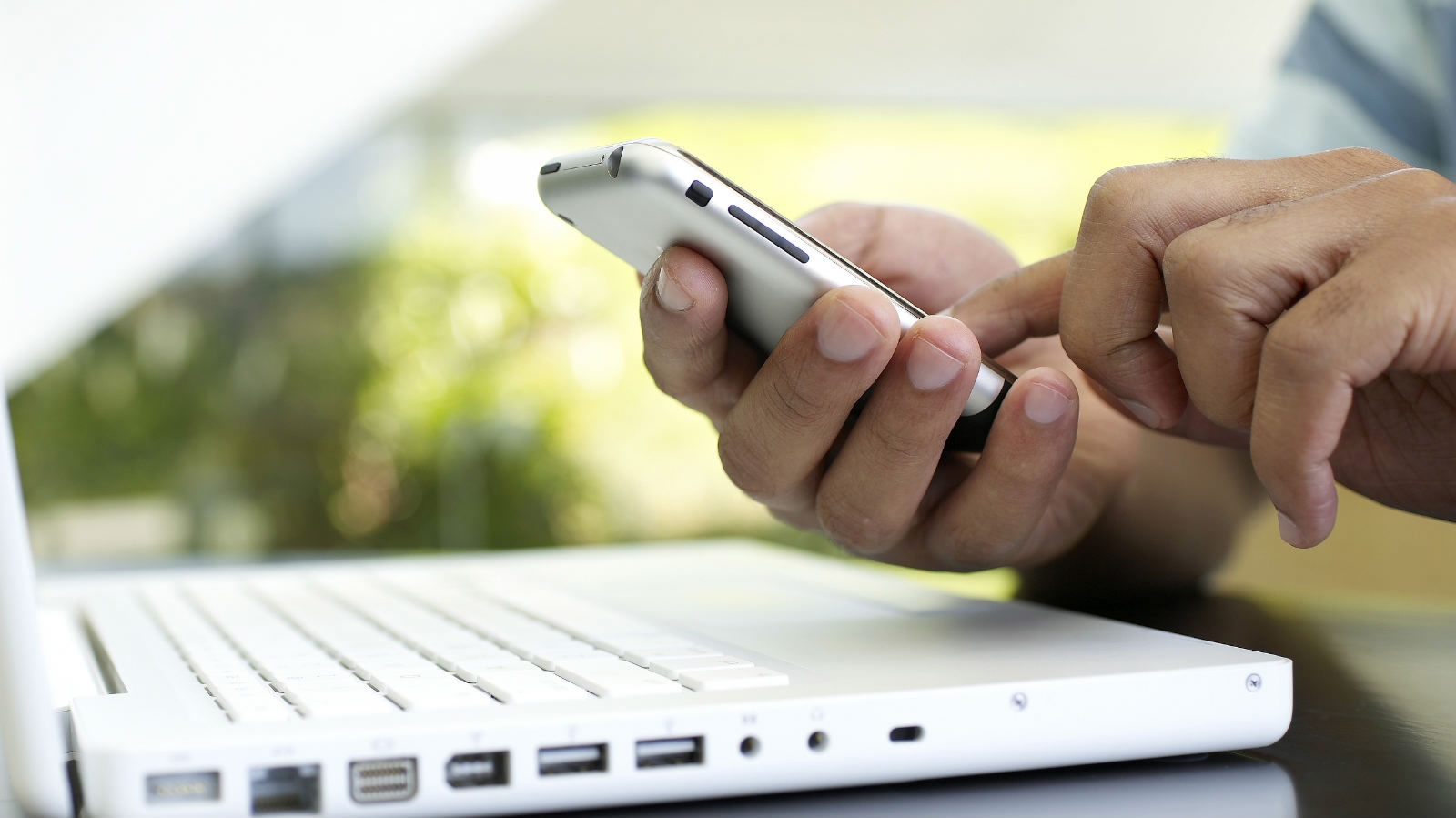
Business
20:09, 11-Jul-2017
Brazil concerned over smartphone addiction

By CGTN’s Paulo Cabral
People are getting more and more reliant on cell phones these days, especially in Brazil. According to a recent survey, Brazilians are addicted to their smartphones more than any other countries in the world.
In 2016, the research group Statista ranked Brazil's smartphone use with an average of nearly five hours a day (four hours and 48 minutes), followed by China (three hours and three minutes) and the US (two hours and 37 minutes).
"If the network is not available, I keep staring at the cell phone to see if returns. And when it's on, I am always checking apps and social networks for something new, I am addicted really," said Juliana Duarte, a trade analyst.

A teenager uses his smartphone in the bed. /VCG Photo
A teenager uses his smartphone in the bed. /VCG Photo
Waiter Francisco Da Luz in Brazil also agreed that people are getting addicted to smartphones.
"You see it in the families. People don't talk anymore to each other. Everyone is all the time staring at the cell phone,” Luz said.
Doctors have warned that people could, in fact, become addicted to the point of requiring professional attention. A hospital affiliated with the University of Sao Paulo offers a free eighteen-week treatment in its psychiatry institute, to help people struggling with their reliance on technology.
"We noticed it's an addiction when the patient begins to abandon activities and tasks that he would be expected to perform in the real world,” said Dr. Cristano Nabucco, a psychiatrist.

VCG Photo
VCG Photo
Even though mental health experts recognized that excessive use of smartphones could lead to serious problems, for the cell phone industry, both makers, and carriers, society's addiction to connectivity means good business and great profits.
"I think the more people are connected, the more we have opportunities to make their lives better and easier,” said Vivian Jacobsohn Serebrinic, director of Samsung Design in Latin America.
"So Samsung is placing some big bets in things like Internet of things and artificial intelligence. I think all these initiatives, the intention is to help people make the connection smoothly."
Brazilians, like many people around the world, have come to rely on technology. Connectivity could make life easier, but experts warned it is important to pay attention to the signs of excessive use.
16952km

SITEMAP
Copyright © 2018 CGTN. Beijing ICP prepared NO.16065310-3
Copyright © 2018 CGTN. Beijing ICP prepared NO.16065310-3